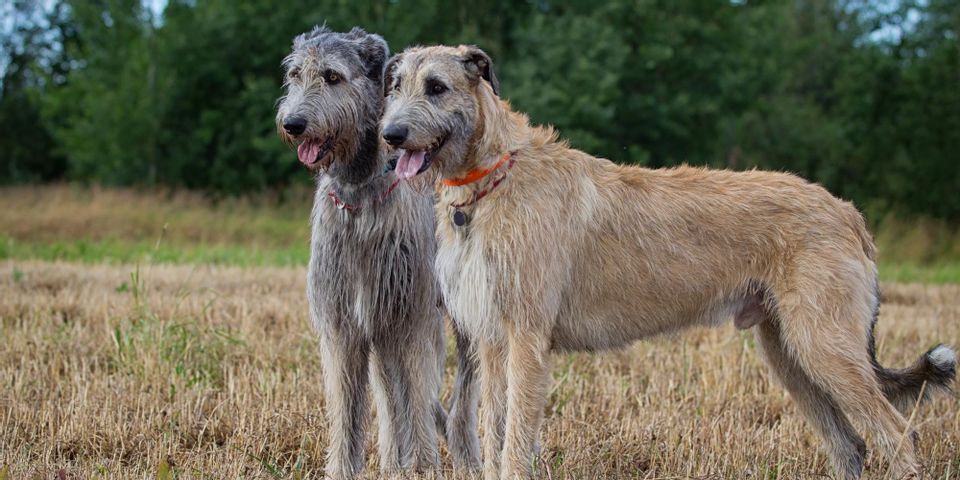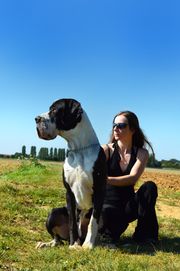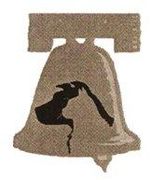
Perhaps you’re dazzled by the size of Newfoundlands or have always had a place in your heart for stately German shepherds and Saint Bernards. If you’re thinking about adopting a large dog, do some research. Big breeds are subject to a number of health problems. Use this guide to learn about some of them, and consider getting a puppy. If you bring a puppy into your home, you can take some preventive pet care measures while they’re young.
4 Health Issues Large Breeds Experience
1. Bloat
Known medically as gastric dilatation and volvulus, bloat is typically seen in deep-chested breeds, such as German shepherds and Great Danes. Bloat occurs when the stomach fills with air and flips over on itself, resulting in organ twisting and serious pain. It also prevents animals from burping and vomiting. In addition, in advanced bloat cases, the stomach stops working due to a lack of blood flow and may lead to rupture. Symptoms of bloat include an inability to consume food.
 Bloat usually stems from eating too fast. Do not, therefore, overfeed large breeds and discourage physical activity for at least 30 minutes to give them time to digest their food. If a dog develops bloat, a pet care expert may recommend gastropexy, a preventive surgery.
Bloat usually stems from eating too fast. Do not, therefore, overfeed large breeds and discourage physical activity for at least 30 minutes to give them time to digest their food. If a dog develops bloat, a pet care expert may recommend gastropexy, a preventive surgery.
2. Hip Dysplasia
Hip dysplasia affects large breeds as they mature. Rapid weight gain causes hip joints to become loose and unstable, resulting in pain and joint degeneration. Although some dogs can live with abnormal hip joints, surgery is usually required to correct dysplasia problems.
3. Arthritis
Arthritis can affect older dogs regardless of their size; however, it’s a common large-breed condition because they grow so quickly and are more physically active than other breeds, such as toys. Overweight dogs are even more susceptible to joint degeneration, which will affect their mobility and demeanor. Weight management helps dogs avoid arthritis as will early spaying and neutering, both of which slow bone growth.
4. Dilated Cardiomyopathy
Extra-large breeds, such as Great Danes, Scottish deerhounds, and Irish wolfhounds, may experience dilated cardiomyopathy. Enlarged hearts can’t pump blood effectively. There is no cure for this disease, and it may cause sudden death. However, early detection, with X-rays or EKGs, as well as pet care management and medication help these breeds enjoy healthy lives.
Discuss these and other large-breed health issues with the veterinarians at Liberty Veterinary Hospital. Providing pet care services to furry friends throughout Liberty Township, OH, this accredited hospital performs surgeries and provides boarding, grooming, and dog training services. Call (513) 755-9700 today to schedule an exam, or learn more about their services by visiting them online.
About the Business
Have a question? Ask the experts!
Send your question

